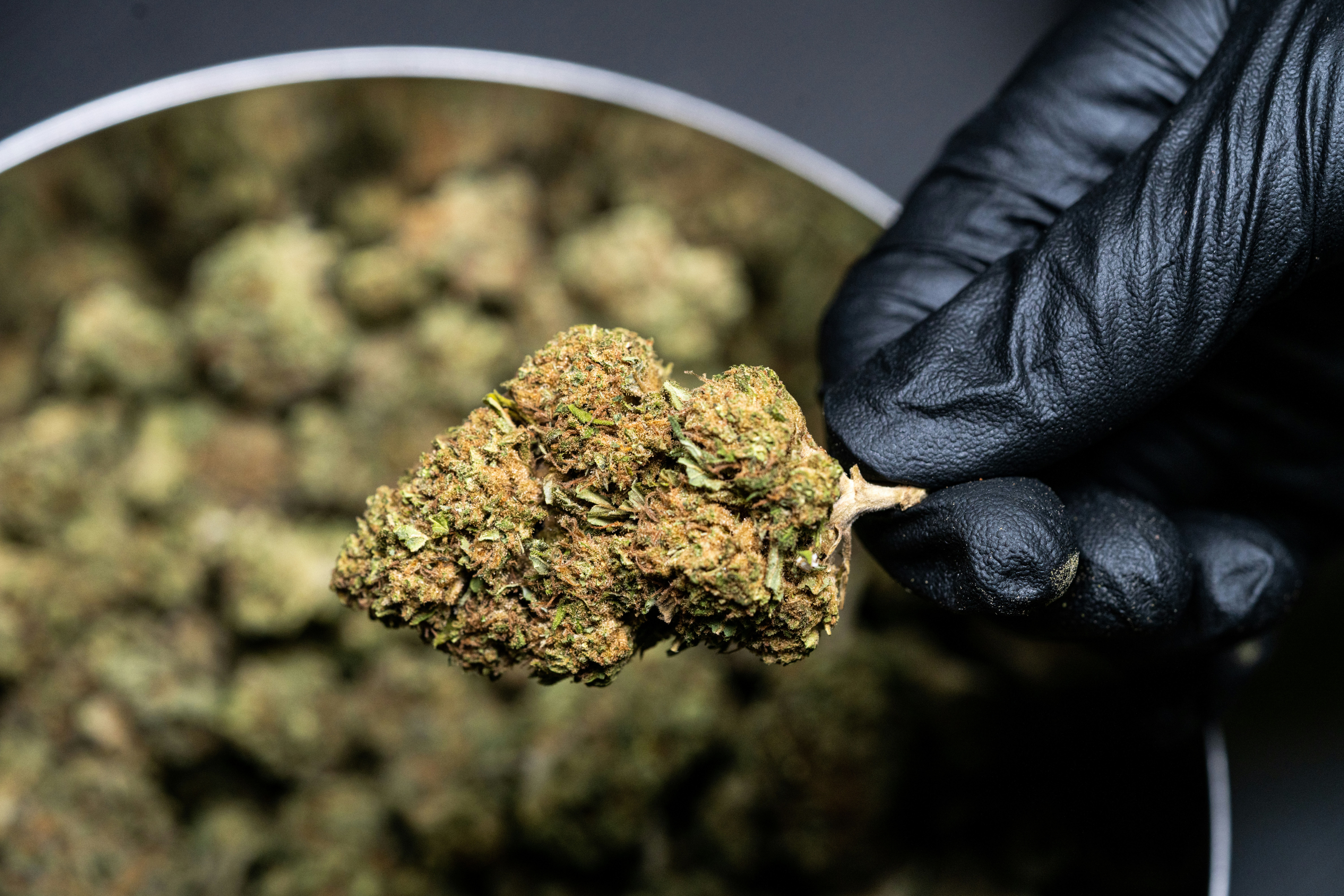Earlier this year, the Biden administration announced plans to reschedule cannabis to Schedule III under the Controlled Substances Act, sparking widespread anticipation for the upcoming Drug Enforcement Agency (“DEA”) hearing. However, the DEA has now delayed the hearing originally scheduled for December 2nd. Despite DEA Administrator Anne Milgram approving over two dozen witnesses, Chief Administrative Law Judge John Mulrooney issued a preliminary order stating the witness information provided was insufficient, requiring additional details before the hearing can proceed. The rescheduled hearing is now expected to take place in January or February 2025. With a new presidential administration set to take office in January, the question remains: will this delay lead to further resistance against rescheduling cannabis?
DEA Proceedings
With the crucial hearing of rescheduling cannabis pushed back until next year, the December 2nd hearing will now be a preliminary hearing in which the court will determine who among the witnesses meets the definition of “interested person”—those that have standing to present testimony and other evidence at the hearing, as well as to arrange the new scheduling and other logistical issues for the official hearing. This is due to Judge Mulrooney citing various concerns on the information regarding the approved witnesses, including that the provided information did not clearly set forth whether a witness supported or opposed the proposed rescheduling, and failed to establish who of the witnesses, if any, qualified as an “interested person.” Pursuant to 21 U.S.C. 811, an “interested person” is defined as “any person adversely affected or aggrieved by any rule or proposed rule issuable.” Thus, the ALJ required the witnesses to provide a notice of appearance of counsel, as well as additional details regarding the witness, including why he/she qualifies under 21 U.S.C. 811. To ensure the witnesses meet the legal definition, they will need to show how they are adversely affected or aggrieved by the proposed scheduling.
Incoming Presidential Administration
Although it is to be determined who of the over two dozen witnesses will be qualified under 21 U.S.C. 811, the biggest unanswered question is whether the results of the November election will derail the current proceedings. With President-elect Donald Trump expected to change or reverse a laundry list of Biden administration policies, many in the industry are wondering whether his support of reclassification and decriminalization of cannabis addressed during his campaign will carry over into his next four-year term. During President Trump’s last administration, he appointed Attorney General Jeff Sessions, who was a staunch prohibitionist against cannabis as he rescinded the Cole Memo from the Obama administration, which directed federal prosecutors to not prioritize enforcing cannabis laws.
However, many believe Trump’s new administration may not align with prior members of his cabinet as he recently nominated controversial Congressman Matt Gaetz to be his Attorney General. Deemed one of the most “pro-cannabis Republicans on Capitol Hill,” Gaetz has a history of supporting cannabis reform as he sponsored the first legislation to legalize medical cannabis in Florida as a state representative and continued the support when elected in Congress in 2016. He proposed a measure to end cannabis testing in the military, as well as co-sponsored the MORE Act, which would have removed cannabis from the federal list of controlled substances and expunged some cannabis-related criminal records if it had made it through the Senate.
Moreover, in recent news, President-elect Trump nominated Robert F. Kennedy Jr. to oversee the United States Department of Health and Human Services, where he will have authority to advance major drug policy reforms, including cannabis and psychedelics. Although the Food and Drug Administration (“FDA”) has already completed its portion of cannabis rescheduling review, Kennedy could leverage his authority to initiate another review if he feels a lower schedule, or descheduling, is more appropriate. Despite Trump’s current nominees seemingly in favor of cannabis reform, the question remains as to whether the Senate will approve of his selections as such choices have left Democrats and Republicans alike concerned over the potential extremist approach of the new Trump era.
Conclusion
The delay in the DEA’s hearing on cannabis rescheduling extends the timeline for a decision, raising concerns about the potential direction of cannabis reform under the incoming Trump administration. With key cabinet nominees likely to shape federal drug policy, their views on cannabis could significantly influence the outcome of rescheduling efforts. The postponement also underscores the complexity of navigating bureaucratic hurdles, particularly during a transition of power. As the new administration takes shape, the cannabis industry and advocates must prepare for potential policy shifts that could either advance or hinder reform initiatives.

